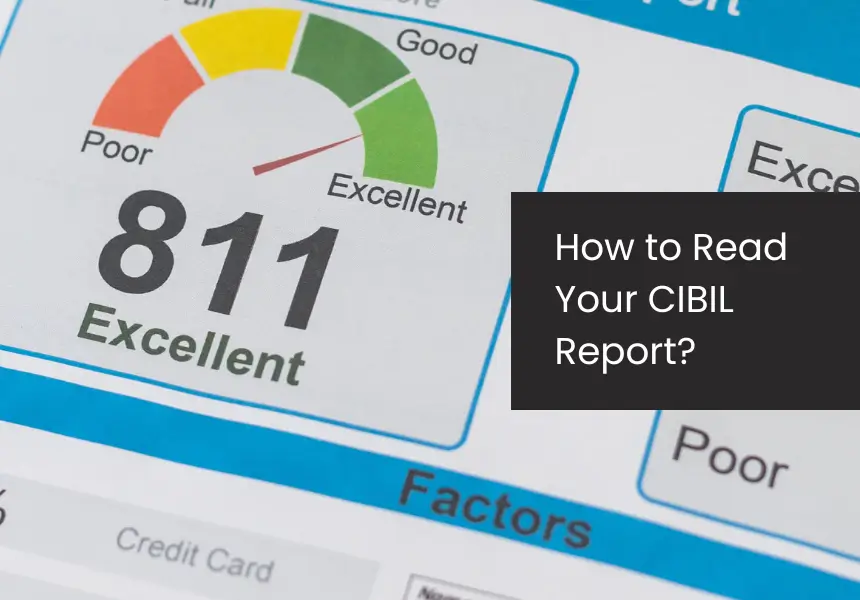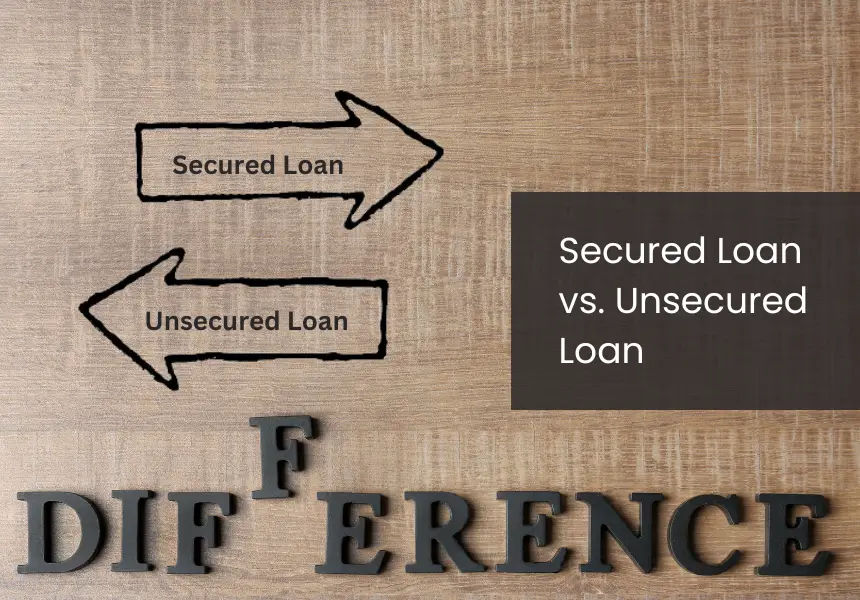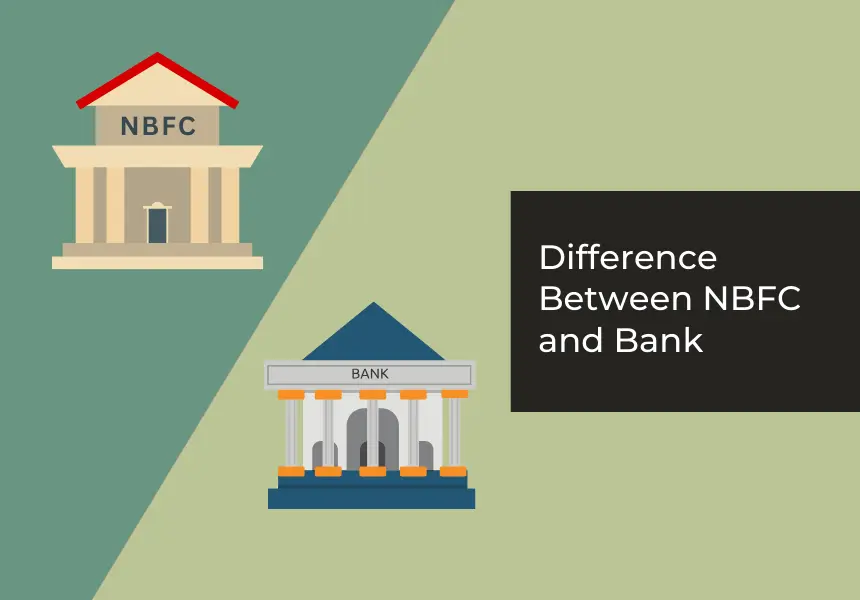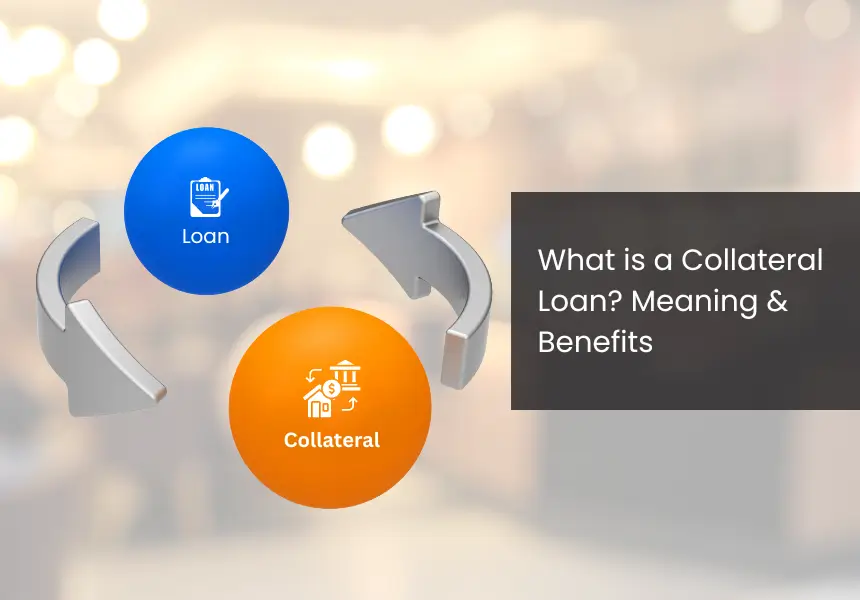
Understanding your credit report is important to maintain your financial health, and when it comes to credit information in India, TransUnion CIBIL is the leading credit bureau.
The Credit Information Report (CIR) provides a detailed overview of an individual’s credit history. This report is created from data regularly submitted by banks and financial institutions.
In this article, we will walk you through how to read your CIBIL report, make sense of its various components, and help you take control of your credit score.
What is the CIBIL Report?
A CIBIL report includes a comprehensive overview of the credit you have obtained, such as home loans, car loans, overdraft facilities, credit cards, and personal loans. It includes a record of your repayment history over time.
The CIBIL score is a 3-digit number between 300 and 900, calculated based on the individual’s credit history, which can be found in the CIBIL report.
How to Read Your CIBIL Report?
Here’s a breakdown of the CIBIL report:
- CIBIL Score: A 3-digit score that is calculated based on your credit behavior that can be accessed from the “Accounts” and “Enquiries” sections of the report.
- Personal Information: This includes details like your name, gender, date of birth, and identification numbers such as PAN, passport, and voter ID.
- Contact Information: This section lists your address and phone number, with space for up to four addresses.
- Employment Information: This contains your reported income, either monthly or annually, as provided by banks and financial institutions.
- Account Information: This section details your credit accounts, including the names of lenders, types of credit (e.g., personal loans, home loans), account numbers, opening dates, last payment dates, loan amounts, ownership, current balances, and month-by-month payment history.
- Enquiry Information: When you apply for credit, the lender checks your CIBIL report. These checks and the lender’s name, type of credit, amount requested, and application date are recorded here.
Key Points to Note While Reading Your CIBIL Report
Here are some important terms commonly found in your CIBIL credit report:
- Asset Classification: Certain banks report Days Past Due (DPD) based on the Asset Classification guidelines established by the RBI. These include –
a. Standard (STD): This refers to the payments made within 90 days.
b. Non-Performing Asset (NPA): These are the payments that have been overdue for more than 90 days.
c. Special Mention Account (SMA): A Special Account is created to report a Standard account moving towards a Sub-Standard account.
d. Sub Standard Account (SUB): An account that has been classified as an NPA for over a year.
e. Doubtful (DBT): This refers to the account that has remained as a SUb-standard account for a period of 12 months.
f. Loss (LSS): The account in which loss has been identified and cannot be recovered. - Control Number: A unique 9-digit number that helps raise a dispute request.
- Days Past Due (DPD): DPD is the days a payment is overdue in that month.
- Enquiry: This section shows details of any loans or credit cards you have applied for, as reported to CIBIL by the financial institution.
- Repayment Tenure: The time frame for which the loan will be repaid.
- Ownership: Ownership refers to the person responsible for handling the loan or credit card payments. There are four types of owners under this section of CIR:
a. Single: Only you are responsible for making payments on the account.
b. Joint: You and someone else are jointly responsible for making payments on the account.
c. Authorized User: This may reflect on your CIR, but lenders know that you are not responsible for paying dues on that account.
d. Guarantor: Someone on behalf of a third party who has pledged a loan to repay the loan. - Settlement Amount: When there’s a disagreement about how much is owed on a loan, the borrower and lender usually come to an agreement on a middle amount. The borrower agrees to pay this amount, and the lender writes off the rest.
- Written-Off Amount (Principal): The lender writes off the principal amount, and the difference between the total amount written off and the principal represents the interest that has also been written off on this account.
- Written-Off Amount (Total): When a loan is written off, it includes both the interest and principal portions. This is the total amount of interest and principal that has been written off.
- Written-Off and Settled Status: If this section is filled in, it indicates that the lender has either modified the terms of your loan, written off a portion of the debt or reached a settlement for less than the owed amount. The potential values are:
a. Restructured loan
b. Restructured loan (Government Mandated)
c. Written-Off
d. Settled
e. Post Settled
Reasons to Check Your CIBIL Report Regularly
Here are some advantages of regularly reviewing your credit report:
Understand How Your Actions Impact Your Credit Score
Regularly checking your credit score not only helps you understand how your financial behavior impacts your credit standing but also enables you to discover more competitive loan or credit card offers. By staying informed about your credit score, you can recognize the factors that may lower it and make better financial decisions. A higher credit score enhances your credibility, giving you access to personalized, pre-approved offers and better terms when negotiating loans or securing other financial products.
Verify the Accuracy of Your Information
Sometimes, incorrect or outdated information on your credit report can result in a lower credit score. If you spot any errors, you must immediately report them to CIBIL and your bank so they can be corrected.
How to rectify your CIBIL report errors?
Your CIBIL credit report errors can negatively impact your credit score, reducing your chances of getting a loan or credit card approval. To prevent this, regularly reviewing your CIBIL report for any inaccuracies is important. If you find a mistake, follow these steps to resolve it:
- Fill out the “Dispute” form online: Access this form through CIBIL’s official website.
- Submit the form: Once submitted, the field will be marked as “Under Dispute.”
- CIBIL will engage with the lender: CIBIL will contact the relevant financial institution, and you will receive email updates on the dispute’s progress.
- Correction: If the dispute is resolved in your favor, the necessary changes will be made to your report.
- The entire process generally takes around 30 days to complete.
Conclusion
Understanding and maintaining a healthy CIBIL score is essential for your financial well-being. You must review your CIBIL report to identify any errors or discrepancies, assess your creditworthiness, and take steps to improve your credit health.
A good CIBIL score can help with better loan terms and lower interest rates. For example, if you want to take a personal loan and have a good CIBIL score, you may be able to secure a larger amount at competitive interest rates.
Frequently Asked Questions
How often should I check my CIBIL report?
You should check your CIBIL report at least once a year or before applying for significant credit products, such as loans or credit cards.
What should I look for when reading my CIBIL report?
When reading your CIBIL report, check for accuracy in your personal details, account information, repayment history, and any discrepancies or unauthorized credit inquiries.
How can I identify errors in my CIBIL report?
Check your CIBIL report for errors, such as inaccurate account balances, missed payments, incorrect personal information, or accounts you haven’t opened.
Can I improve my CIBIL report?
Yes, you can improve your CIBIL report over time by making timely payments, reducing outstanding debt, maintaining a low credit utilization ratio, and avoiding multiple credit inquiries in a short period.
How does my repayment history affect my CIBIL report?
Your repayment history is a critical component of your CIBIL report. Late payments, defaults, or consistent on-time payments all influence your credit score.








